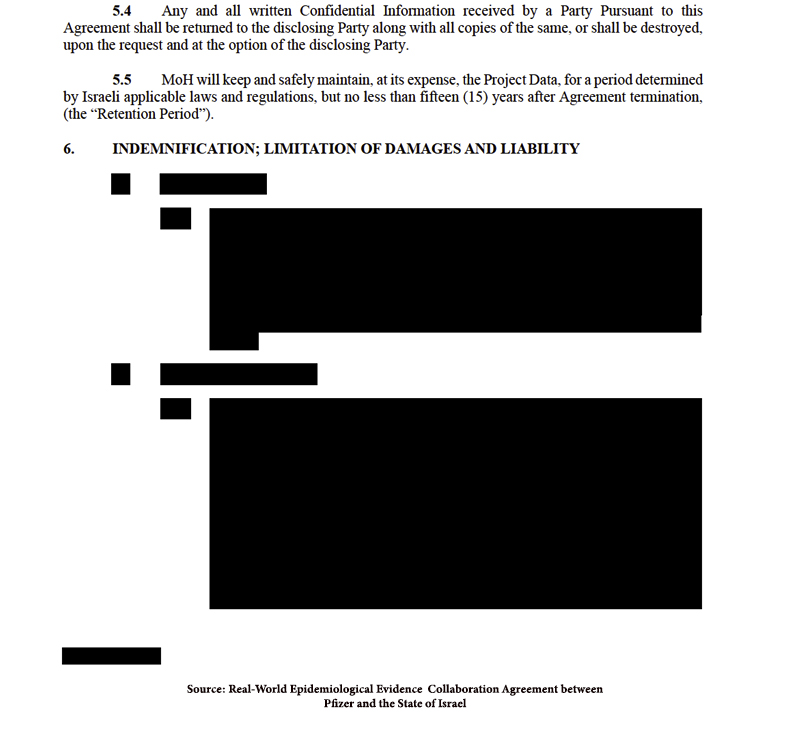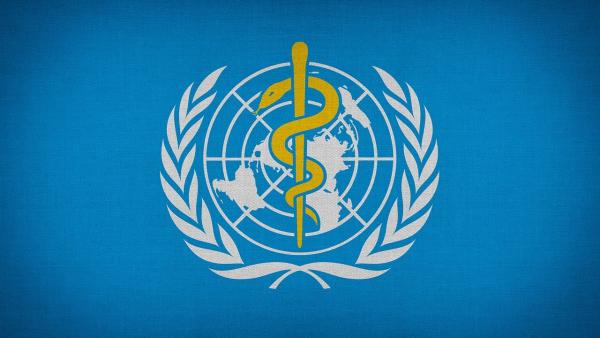“This is a once-in-a-generation chance to fix some of the big weaknesses that we saw during COVID-19…. It could “make a tremendous difference for the next pandemic.”
Suerie Moon, Co-director Global Health Centre at the Geneva Graduate Institute
Given the speed and lack of an early global response to COVID-19, the World Health Organization is now calling for greater involvement. But why should we need a new pandemic proposal now? What’s the WHO been doing since SARS 1, Zika, and Ebola?
Proponents and members of the committee champion the document and defend its advisory nature, even as others claim the pandemic plan (WHO CA+) would be binding:
“…the WHO has no authority to dictate US health policy or to interfere in any nation’s sovereignty. Neither the accord nor amendments proposed to the legally binding agreement that defines countries rights and obligations during health emergencies, known as the International Health Regulations, would give the WHO control over how the US governs domestic health policies.”
Opponents, notably in the UK and the US (most recently Senator Ron Johnson), and conservative organizations disagree, calling it an invasion of sovereignty. Champions of intellectual property rights are also on the nay side. Even the British Medical Journal has reservations:
“It will take years to draw up any convention and it is unclear exactly what it will cover and how much global authority it will hold, with countries pushing and pulling in different directions.”
The document itself sounds ominous, but what does it actually say?
The 32-page document begins with seven pages of self-evident platitudinous affirmations, such as “recognizing the importance of working synergistically” or “noting with concern that the COVID-19 pandemic has revealed serious shortcomings in preparedness.” It then provides two pages of definitions, some incomplete, and ends with seven pages covering financing and governance. This leaves about half on substantive recommendations.
The document ‘sort-of” specifies that it does not interfere with member sovereignty “recognizing the sovereign rights of countries,” a feature reiterated by the popular press, along with American members of the drafting committee,
“These claims are utterly false….“The United States retains sovereignty to set its own domestic public health policies…WHO does not gain any power to override domestic policy decisions.”
However, the document itself is ambivalent and can be subject to a different interpretation; some language, as a lawyer, I find troublesome.
Clauses like
- “States are accountable for strengthening and sustaining the health system’s capacities.”
- “all states are responsible for the health of their people, including pandemic prevention, preparedness, response, and recovery….”
- “the parties shall (a) determine the types and sizes of products needed for robust pandemic prevention, preparedness, and response…,”
are problematic legally. This omnibus clause is especially irksome, having a ring of “bindingness” about it:
“Given the fact that the health of all peoples is dependent on the fullest cooperation of individuals and states, all Parties are bound by the obligations of the WHO-CA+.”
While many of the recommendations are insipid (or obvious, such as the requirement to develop pandemic prevention plans), some provisions trespass on international and national security policy. While I may agree in principle from a public health perspective, they are problematic from an international law perspective.
What WHO Shouldn’t Do:
Three provisions, in particular, are sure to raise objections. First, there is the watering down or limitation on intellectual property protection.
Second, the requirement to share the genetic signature of any and all pathogens countries become aware of during research. [1] As I’ve written, developed countries have and continue to build biosafety level 3 and 4 laboratories whose purpose is experimentation on pathogens that could be used in warfare. While, technically, the development of new pathogens is verboten by international law, various research activities involve manipulating existing microbes with the potential for pathogenic spread.
The purpose is ostensibly defense, but it would be highly surprising if countries were willing to disclose the pathogens they are working on. Whether this is prudent is not on the table at the moment- the point here is I doubt there would be widespread buy-in on this provision. On the other hand, convening a group of inspectors to verify the laboratories are following international safety standards -without disclosure of the pathogens of interest to the lab- might be a more saleable and feasible objective.’
Another provision that might invite push-back is the requirement to contribute to research on factors that hinder adherence to the uptake of vaccines and other therapeutics (which though vague, might include masks). Given that some American states contravened mandatory masking or vaccines as a matter of policy, this might be construed as state action negating the efficacy of these health responses and would make it impossible to be compliant.
Draft Zero provides that “in contracts for the supply or purchase of pandemic-related products, [the parties] endeavor to exclude buyer-recipient indemnity clauses of indefinite or excessive duration. It’s not clear the reason for this, other than to deflect attention from responsibility for negligent manufacture to the user or purchaser. The authors seem unaware of practices implemented to facilitate early vaccine safety and efficacy data collection. Pfizer entered into agreements with the State of Israel to supply vaccines in exchange for data.
 These contracts contained indemnification provisions, the specifics of which were kept from the public as the publicly-made available versions entirely redacted those sections. It would seem that agreement also provided that Israel agreed to accept liability in exchange for an adequate supply of vaccines, a policy decision by the Israeli government that Draft Zero discourages.
These contracts contained indemnification provisions, the specifics of which were kept from the public as the publicly-made available versions entirely redacted those sections. It would seem that agreement also provided that Israel agreed to accept liability in exchange for an adequate supply of vaccines, a policy decision by the Israeli government that Draft Zero discourages.
What WHO Can Do
Rather than dictating or “advising” member states of their responsibilities, the WHO should be taking action and research of its own.
Tabletop exercises, exploring regional and international pandemic scenarios, are good suggestions made in the Draft, but there are other things WHO can do short of dictating or “advising” member states of their obligations.
Indeed, the WHO has powers and abilities that it forbore from exercising, not only in COVID but with Ebola. Here are some suggestions for the WHO to consider, especially as it calls for member states for funding:
- Convene an independent inspection board to certify compliance of biosafety labs with international safety standards and conduct inspections of safety practices at biosafety and research labs.
- Convene an international board to assess when travel advisories are warranted. These standards should be agreed upon before any pandemic and might include staged restrictions based on the transmission state. A registry of international fairs, expositions, and conferences of large attendance would aid in determining the feasibility of travel restrictions.
- Develop persuasive educational materials and communication techniques regarding the efficacy and safety of vaccines and non-pharmacologic interventions (like masks and social distancing).
- Test efficacy of persuasion techniques for vaccines and masks
- Test efficiency, safety, and efficacy of masking materials
- Identify supply centers for masks, ventilators, and global vaccine manufacturing facilities
- Conduct “impartial” research that doesn’t bear the “taint” of industry or any partisan aspect of government, including assessing effective communication techniques.
- Coordinate natural disaster locations with disease outbreaks
- Maintain an international pneumonia registry
Maybe WHO should just concentrate on what an international agency should be doing – activities which are non-state dependent, instead of spending time and m money advising (directing) generic country-specific public health initiatives, which countries would be doing on their own
[1] Draft Zero’s Article 10 specifies the need for timely sharing of pathogens with pandemic potential and genomic sequences in both inter-pandemic and pandemic times, creating the PABS System (the WHO Pathogen Access and Benefit System) for this purpose.




